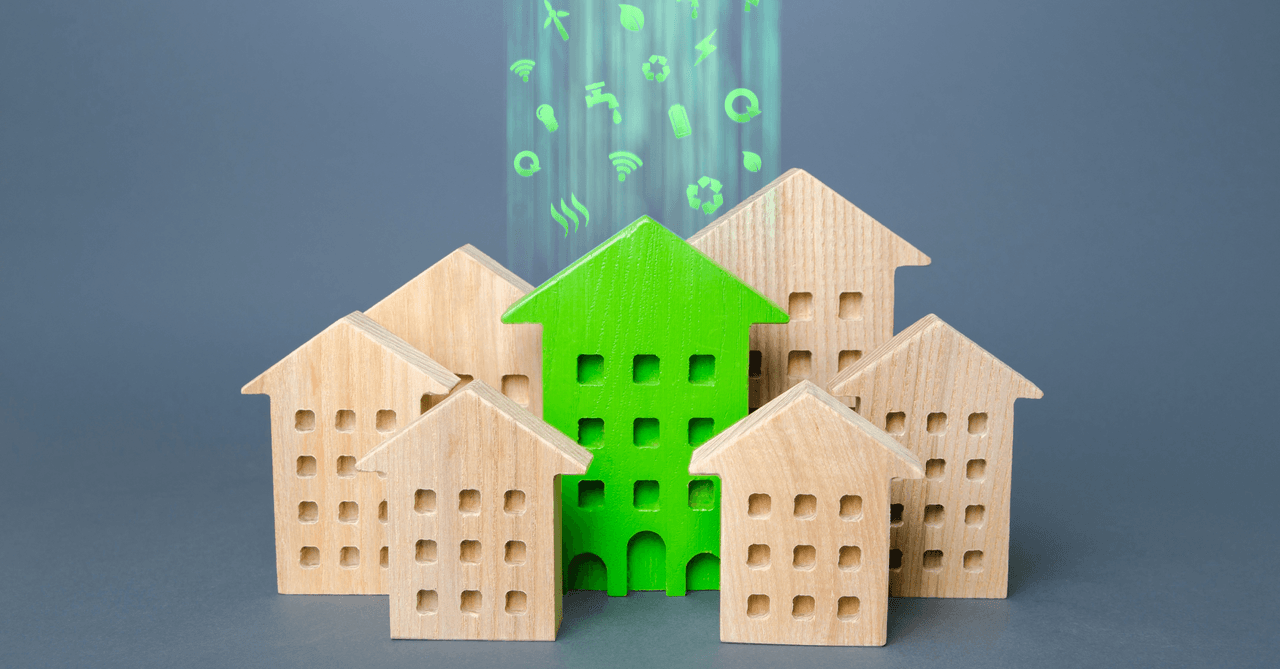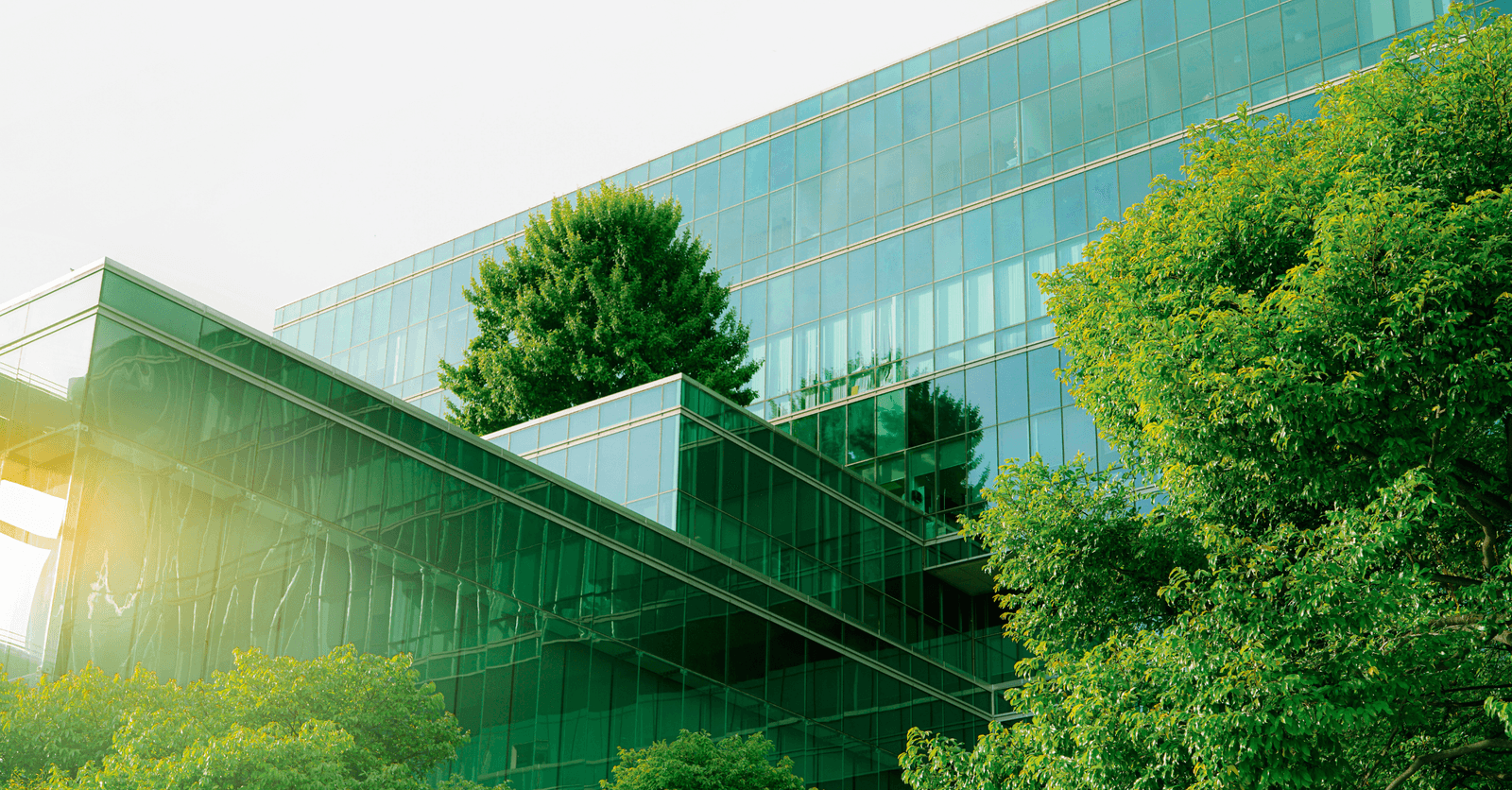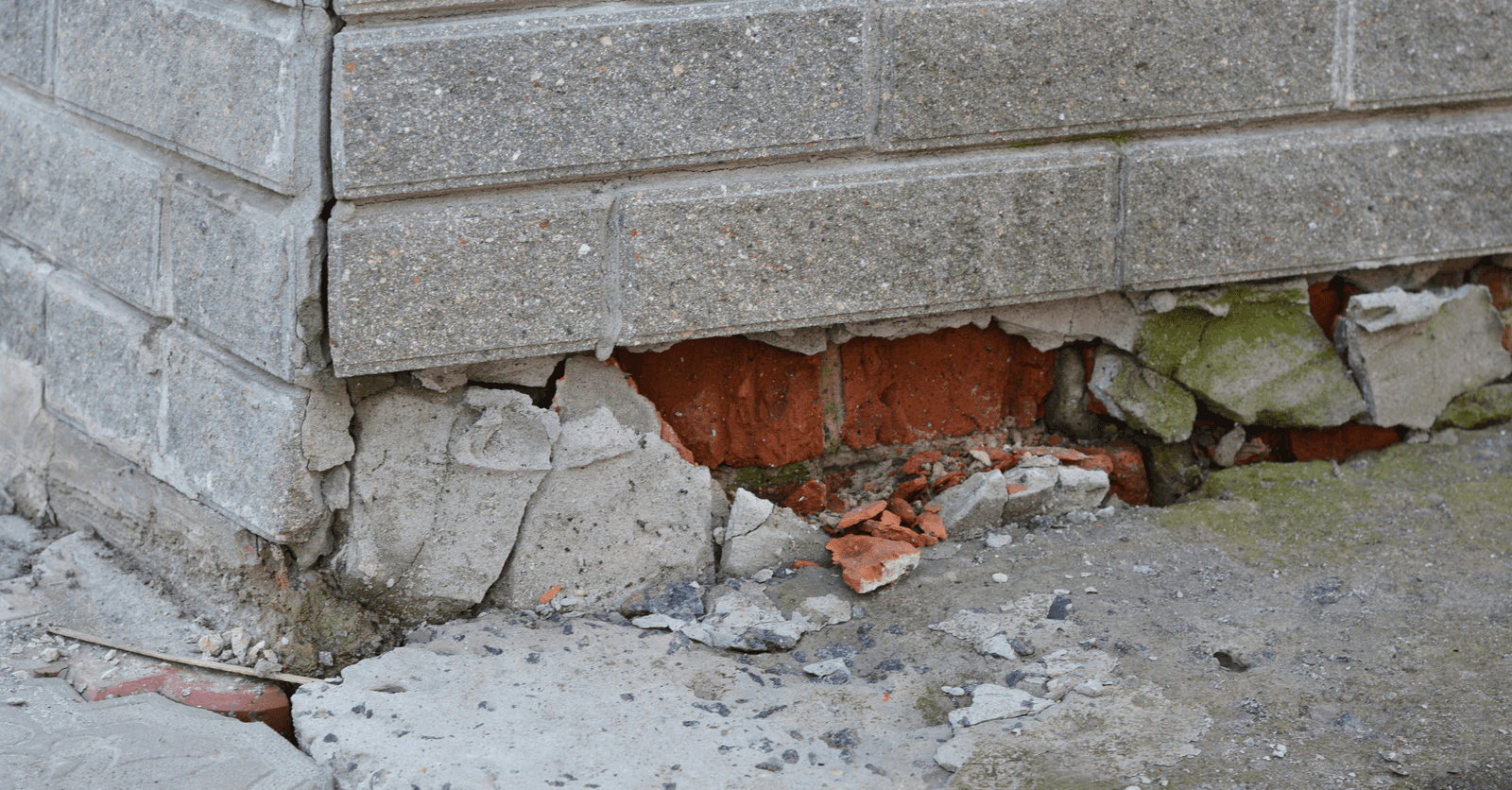How to Achieve Net-Zero Emissions in the Construction Industry
By Editorial Team
Updated on July 22, 2024

The climate change issue is now more relevant than ever, and the construction industry is facing a critical challenge: reducing its carbon footprint. As such, net-zero emissions, meaning achieving a balance between carbon emissions generated by construction activities along mitigation efforts are now becoming a priority. In this article, we’ll delve into the different strategies and measures implemented to achieve this noble goal.
Canada and Carbon Neutral Construction

Source: Canva
Canada is one of the most commitment-driven countries in matters of net-zero emissions. As a country, the goal is to become carbon neutral by 2050 and for that purpose, Canada has introduced several programs and policies to encourage construction companies to limit their greenhouse gas emissions. As part of a 2023-2024 Department Plan, the Canadian government listed promoting net-zero emissions in the construction industry as one of their priorities. The plan highlights the importance of implementing concrete measures to achieve this goal and help fight climate change.
The Canadian Government’s Carbon Neutral Initiatives
During the Americana 2023 environmental forum, the Government of Canada pledged its support to the province of Quebec in regard to its carbon-neutral transition. This announcement confirms the government’s willingness to actively support initiatives aimed at reducing carbon emissions in the construction industry. Financially assisting carbon-neutral construction and renovation building projects is a vital component of this assistance, which allows companies and individuals to implement sustainable technologies and practices.
Further assistance may also be sought to reduce carbon emissions resulting from renovation work. In fact, some older buildings may have significant pollution issues requiring hefty renovations, if not demolition altogether.
Decarbonated Construction: An Industry Priority

Source: Canva
The construction industry has come to recognize the importance of net-zero emissions. Builders and architects alike must turn to environmentally friendly materials, such as wood or recycled materials, as well as consider alternative, more sustainable and energy-efficient construction methods.
Here are some of the planned vital measures:
Shifting Toward Renewable Energy
The construction industry is set to invest in renewable energy sources, such as solar, wind, and geothermal, to supply buildings with clean energy.
Improving Building Energy Efficiency
The province of Quebec is committed to improving construction standards in matters of energy efficiency and promoting low-energy building design and construction. This includes:
insulation;
windows with a high energy rating;
heat recovery;
etc.
Using Sustainable Building Materials
The construction industry will turn to eco-friendly building materials, such as wood gathered from sustainably managed forests, thus reducing the use of carbon-intensive materials like cement.
Working with Innovative Technologies and Practices
The industry is set to endorse innovative construction technologies and practices for the purpose of reducing carbon emissions, like using geothermal heating and cooling systems, automating building energy efficiency, etc.
Training and Raising Awareness
Raising awareness and training the main construction industry players on the following:
climate change issues;
net-zero emissions and;
the best carbon-reducing practices.
Collaborating and Partnerships
The construction industry, in collaboration with the government, environmental organizations, and others involved, will develop joint strategies to achieve net-zero emissions. This will include:
promoting sustainable solution research and development;
developing suitable policies and regulations.
These joint measures will allow the construction industry in Quebec to progress toward net-zero emissions while still meeting society’s construction needs.
Carbon Neutral Challenges in the Construction Industry

Source: Canva
In Quebec, carbon-neutral construction faces a lot of hurdles:
Current Construction Pratices
The construction industry in Quebec is still very much governed by traditional building methods that significantly affect the environment. The building materials used, like concrete and steel, aren’t incredibly sustainable and emit a significant amount of greenhouse gasses during their manufacturing processes. Therefore, to reduce GHG emissions, building practices must be reevaluated.
Sustainable Building Materials Available
In Quebec, sustainable building materials, such as engineered wood, are still not commonly used in the construction industry. Given that fact, promoting the use of such materials to reduce a building’s carbon footprint is unavoidable.
Current Energy Efficiency Standards
Although Quebec has strict energy efficiency standards for new constructions, the latter aren’t always sufficient to achieve net-zero emissions. As such, it’s important to reassess and continue to promote these standards to advocate further the need to build energy-efficient structures.
Lack of Specialized Training
Construction professionals, such as architects and engineers, must be properly trained in carbon-neutral principles. As such, specialized training programs must be established to broaden the necessary skill set to design and build sustainable structures.
Check out our article about Standards and Training to Further Green Building.
Financial Costs
Net-zero carbon construction may involve higher costs compared to more traditional building methods. Therefore, it’s important to find financial resources that can boost investments to develop sustainable solutions, thereby making net-zero emissions further achievable.
The challenges faced require a comprehensive approach that involves construction industry players, governments, and research agencies. It’s important to find innovative solutions as well as adopt incentive measures to promote net-zero emissions in Quebec’s construction industry.
The Advantages of Net-Zero Carbon Construction

Source: Canva
Despite its challenges, the benefits of net-zero emissions in construction are plenty. To name just a few:
Reduces Greenhouse Gas Emissions
Green building and net-zero emissions significantly reduce greenhouse gas emissions, thereby contributing to the fight against climate change.
Improves Indoor Air Quality
Net-zero emissions constructions are often equipped with an efficient ventilation system that improves indoor air quality, thereby reducing health hazards for occupants.
Cuts Long Term Energy Costs
Carbon-neutral structures are designed to be energy efficient, which, in turn, means significantly cutting down long-term heating, air conditioning, and electrical costs.
Creates Green Jobs
Transitioning toward carbon-neutral construction requires the expertise and know-how of skilled construction and energy efficiency professionals, thereby creating new job opportunities in renewable energy fields.
Promotes Innovation
Zero-carbon building often requires the use of innovative technologies and materials, thereby promoting research and development in the field of sustainable construction.
Refines Company Brand Image
Companies that commit to carbon-neutral projects benefit from a more positive environmental and sustainable image, which can attract a more involved and eco-conscious client base.
Respects Regulatory Standards
An increasing amount of environmental standards and regulations are established to promote carbon-neutral construction. By complying, Quebec’s construction industry players avoid potential sanctions and fines.
In a nutshell, in the province of Quebec, net-zero emission construction has numerous advantages, from reducing greenhouse gas emissions to improving the quality of life of occupants, with significant energy savings and job opportunities in the field of renewable energy in between. It also allows companies to bolster their commitment to sustainability as well as comply with continually evolving regulatory standards.
Heading Toward Net-Zero Emissions
Net-zero construction is a key priority for Canada, which implements measures and initiatives to promote zero-carbon building practices. Despite lingering challenges, net-zero emissions offer numerous long-term advantages for the construction industry. By actively committing to this transition, construction workers and architects contribute to the fight against climate change and work toward building a sustainable future.
Get new contracts for your construction or renovation company
RenoQuotes.com can help you get new contracts. We get new project proposals from clients seeking top-rated and trustworthy renovation professionals like yourself. To get started, simply fill in the form on our homepage (it only takes a few minutes) and receive information regarding potential clients by way of our services.
Dial 1-844 828-1588 to speak with one of our customer service representatives.
Looking for something else?
Related articles
The latest industry news, interviews, technologies, and resources.

Editorial Team
•15 Dec 2023
3D concrete printing is deemed the future of habitat for humanity. An overstatement? Think again—by 2060, 230 billion square metres will be needed to shelter our new fellow citizens, or the size equivalence of Paris multiplied every week over a 40-year period.

Editorial Team
•22 Jan 2026
Canada’s skilled labour shortage is a major challenge for contractors nationwide. With roughly 700,000 trades workers expected to retire by 2028 and not enough new talent entering the industry, many projects are being delayed and jobs are going unfilled. BuildForce Canada reports the construction sector needs 351,800 new hires by 2033 to replace retirees and meet demand, especially in Ontario, Alberta, and British Columbia, meaning contractors are competing harder than ever to attract and keep skilled workers.

Editorial Team
•05 Dec 2023
Over the last few years, homeowners have become increasingly aware of the importance of making eco-friendly interior design choices. In a world of convenience and waste, it’s easy to fall prey to adorning homes with furniture and materials that are damaging to the planet.

Editorial Team
•08 Nov 2023
For homeowners, the age of their home and any impending renovations are often a source of stress. Whether it be piping, framing or roofing, if your house is 30 years old or older, it may be time to plan ahead and start looking out for warning signs related to these types of repairs.

Editorial Team
•08 Nov 2023
Homeowners are often exploring ways in which they can use sustainable or alternative methods to heat and cool their homes. It should come as no surprise that heat from the earth can be used as an alternate energy source. This energy source is referred to as geothermal, and can be found right in your backyard. Modern homes are tapping into this affordable and sustainable source, utilizing it for their heating and cooling systems. But what exactly is it?